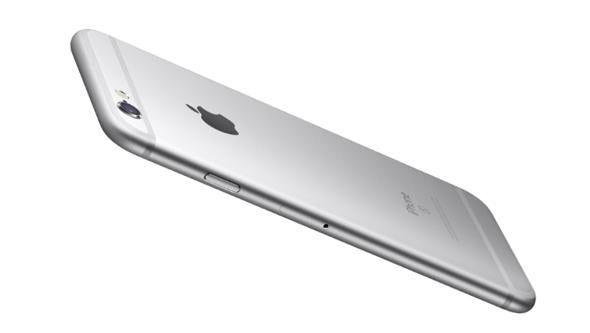Smartphone cameras have become an important tool for documenting unexpected events or situations, whether they’re capturing Julius opening a door or an incident of police brutality. But a patent filed by Apple in 2011 and approved Tuesday describes technology that would allow the company to control iPhone owners’ ability to use their cameras.
Spotted by 9to5Mac, the technology would work by scanning photos and videos for the presence of particular infrared signals. If someone wanted to block iPhones from taking photos in a specific location, they would set up an infrared beam that iPhones could detect through image processing. Photos/video without the infrared signature would be stored to the phone’s memory like normal, but when the processor detected infrared signals, the phone would display a notification that recording had been disabled.
The patent explains, “A transmitter can be located in areas where capturing pictures and videos is prohibited (e.g., a concert or a classified facility) and the transmitters can generate infrared signals with encoded data that includes commands temporarily disabling recording functions.”
Though the technology is speculative and still only a patent, it’s hard not to jump ahead to how potentially censorial it could be. There are definitely situations where the impulse to use this type of technology would be understandable, like performances where artists/backers/venues are looking to control media distribution. But as ThinkProgress points out, the ubiquity of portable cameras can help people hold powerful entities accountable for wrongdoing, and it might be tempting for institutions to use this technology to combat transparency. These hypotheticals are reminiscent of other ways technology can already be used to curb dissent, like the 2011 incident where San Francisco mass transit police shut off cell phone service in a subway station to make it harder for would-be protesters to organize.
As Chad Lorenz wrote on Slate last year in the wake of the Walter Scott shooting (which a bystander caught on video), “The most effective thing ordinary Americans can do to stop these shootings and the most effective way to make police departments accountable right now is to take more video of police confrontations. We’ve reached the point where this is the socially responsible thing to do.”
Apple probably won’t be building camera-blocking tech any time soon, if ever, but this patent could give other people ideas.
